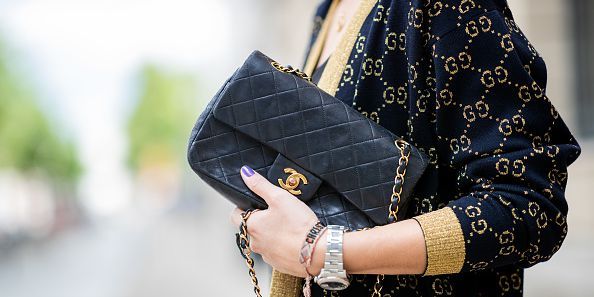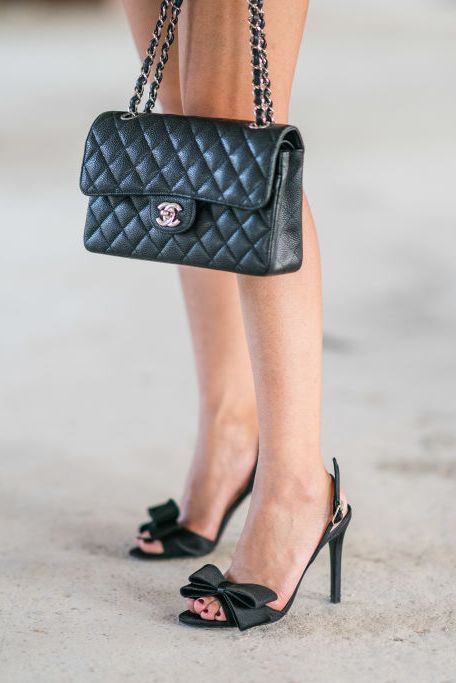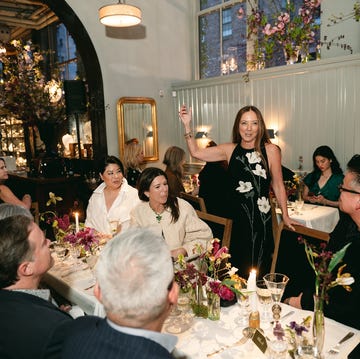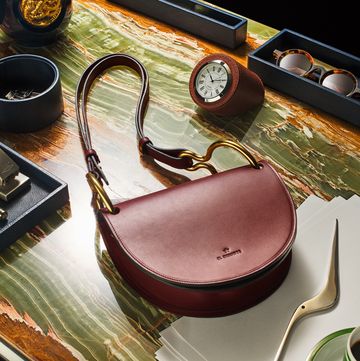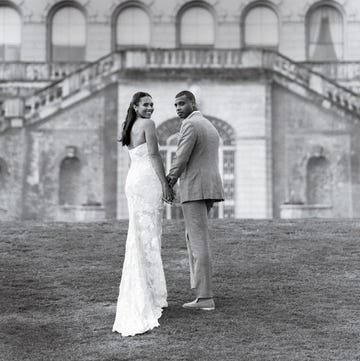Heather McDonald is the closest thing the fashion industry has to a four-star general in the war against knockoffs. Over the past three decades the 57-year-old intellectual property lawyer, a partner at BakerHostetler in New York City, has built a reputation as one of the top attorneys in the anti-counterfeiting field.
Her client list is a veritable who’s who of top European and American luxury goods labels, including LVMH. “She has busted so many counterfeiters in Chinatown she can’t show her face on Canal Street,” an in-house attorney for a luxury fashion brand says with admiration.
She has the battle scars to prove it. In 1987, McDonald was directing a raid on a Chinatown storefront that was dealing in fake Rolexes when she was attacked by a man wielding a metal pipe. “I was counting out the watches when all of a sudden, thwack!” she says. “He broke nearly all the knuckles in my left hand.”
McDonald refused to be intimidated; once she had recovered she went on to lead more than a thousand similar raids on storefronts selling counterfeit merchandise. At one point sellers began to circulate flyers of her face among themselves. (“It was a photo of me in a red circle with a slash through it,” she says with a laugh.)
But it’s more than the door busting and knuckle breaking that has made McDonald—a native of Scarsdale, New York, with a brassy voice and a penchant for Hermès and Burberry scarves—legendary in her field. She helped write some of New York’s first anti-counterfeiting laws in the early 1990s. She also pioneered the groundbreaking strategy of holding third parties liable for the sale of counterfeits. “We went after the landlords,” she says. After all, trying to collect damages from counterfeiters themselves—who are usually based overseas and keep their assets well hidden—can be an exercise in futility.
But according to New York state law, landlords can be held liable for the illegal activity of tenants if they have knowledge that it’s taking place and don’t take appropriate steps to address it. Though the law was originally enacted in the 19th century to help crack down on prostitution and gambling, McDonald realized it could just as easily be applied to fake LVs, interlocking Cs, and logos of little men playing polo. “We started notifying landlords of the illegal activity, and suddenly they didn’t want those tenants anymore,” she says triumphantly. “That was major.”
Naturally, fashion counterfeiters are a slippery bunch, and as times change so do their tactics. “Internet sales have changed the game,” McDonald says. Now counterfeiters drop-ship fake Ray-Bans and UGGs directly to consumers, which eliminates the threat of having an entire container stopped at the border by customs. But McDonald’s go-to tactic of enforcing third-party liability still works.
The counterfeiters, after all, sell via websites, which require the use of web hosting companies and internet service providers. “We started putting them on notice,” she says. “Now there is almost no internet service provider in the United States that hosts counterfeiters’ websites anymore. The key is always to disrupt the chain of commerce.”
And though she concedes that in general knockoffs are becoming increasingly sophisticated, McDonald has only contempt for them. “Good craftsmanship costs more money, and counterfeiters are in the business of making things cheaply,” she says. “The material isn’t leather, or the stitching is shoddy, or the heel is glued on instead of screwed in.” Her advice for consumers who are worried about getting duped is to use common sense. “If a deal looks too good to be true, it probably is,” she says. “A $1,000 bag is never going to be on sale for $200.”
This story appears in the October 2018 issue of Town & Country. Subscribe Now
